Research Managers Are Essential to a Healthy Research Culture
But for maximal benefit, more of these academic administrators need to get involved in the scholarly aspect of research.
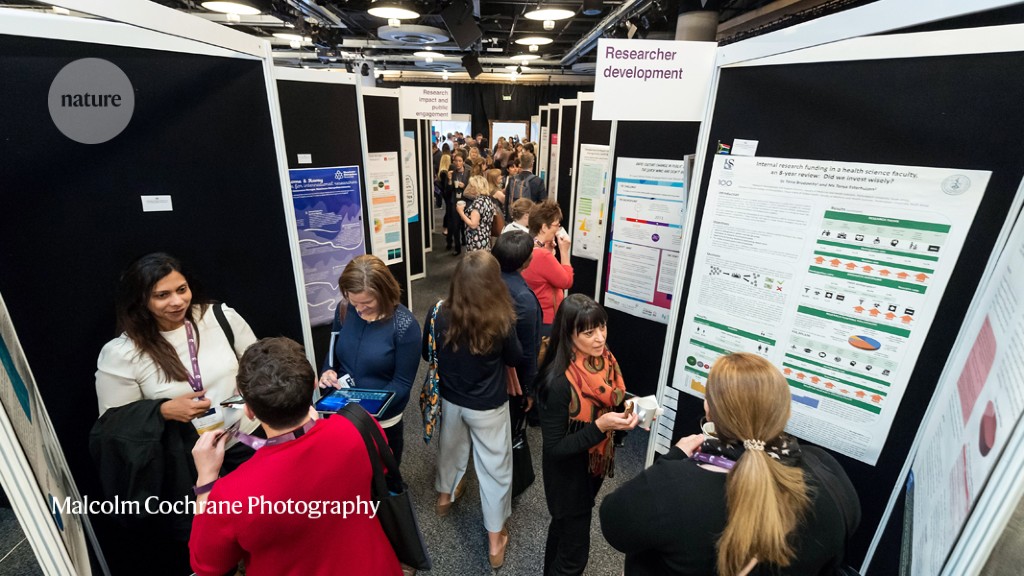
Send us a link
But for maximal benefit, more of these academic administrators need to get involved in the scholarly aspect of research.

Gemma Derrick revisits calls for a better research culture.
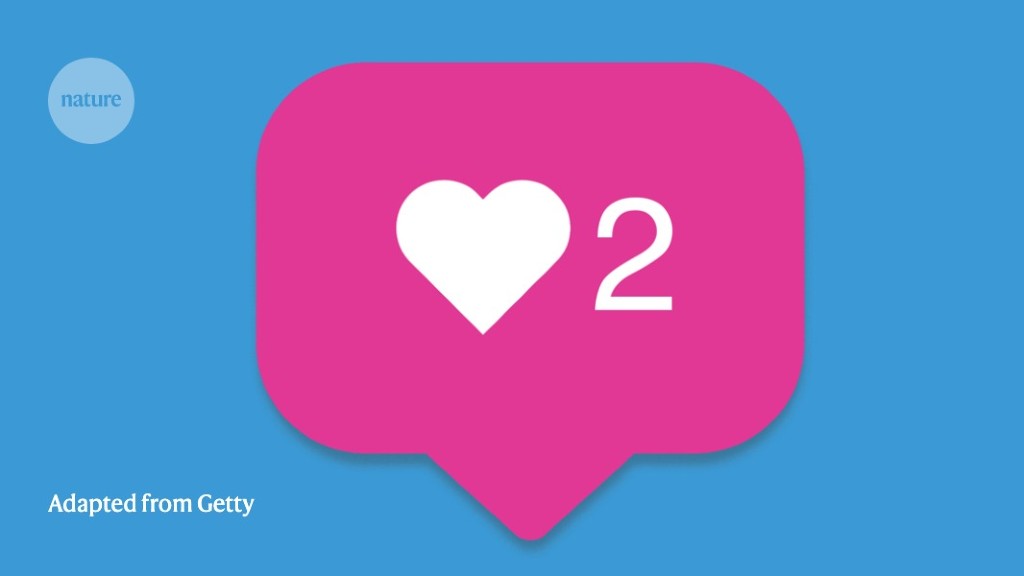
Your new manager likely doesn't have a PhD, and she's higher on the food chain because experience is more valued than a doctorate. Tips on becoming a more pragmatic professional when transitioning to a career outside of academia.

The responsibility for better culture lies with the workplace itself. Reporting on burnout and the future of work, this article explores lasting shifts in workplace culture.

The journalist Nikole Hannah-Jones appears to be a victim of viewpoint discrimination. Academic freedom needs a vigorous defense-and not just at UNC.
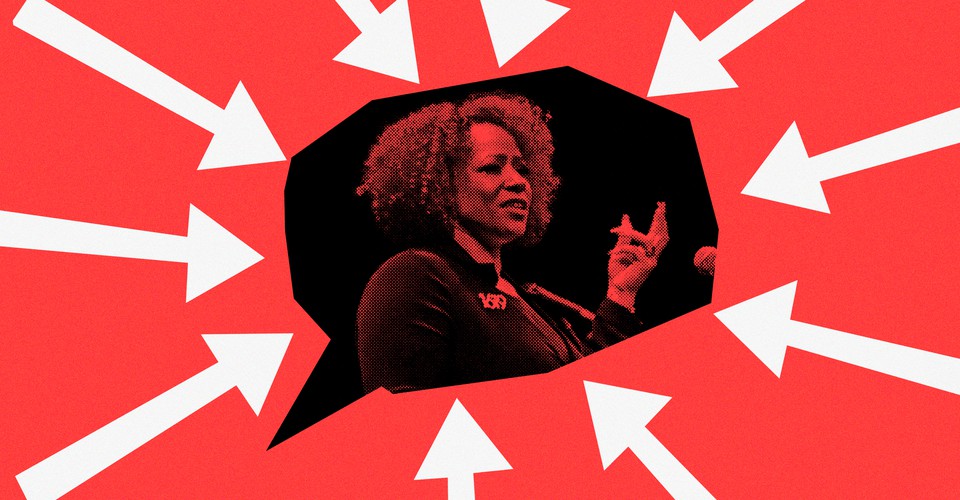
For this grad student, speaking publicly about mental health was scary but worth it

Revisiting a 2018 post discussing that for social science and humanities researchers in many parts of the world there are significant barriers to conducting and sharing research, in some cases more so than for science and medicine. In this revisited guest post, Dr. Naveen Minai provides a perspective as a gender studies researcher in Pakistan.

Design your hiring process to find the right people to strengthen your teams' weaknesses, rather than trying to find the best people. Instead of "how can we find the smartest people?" think about "how can we find the people who will make our team stronger?"
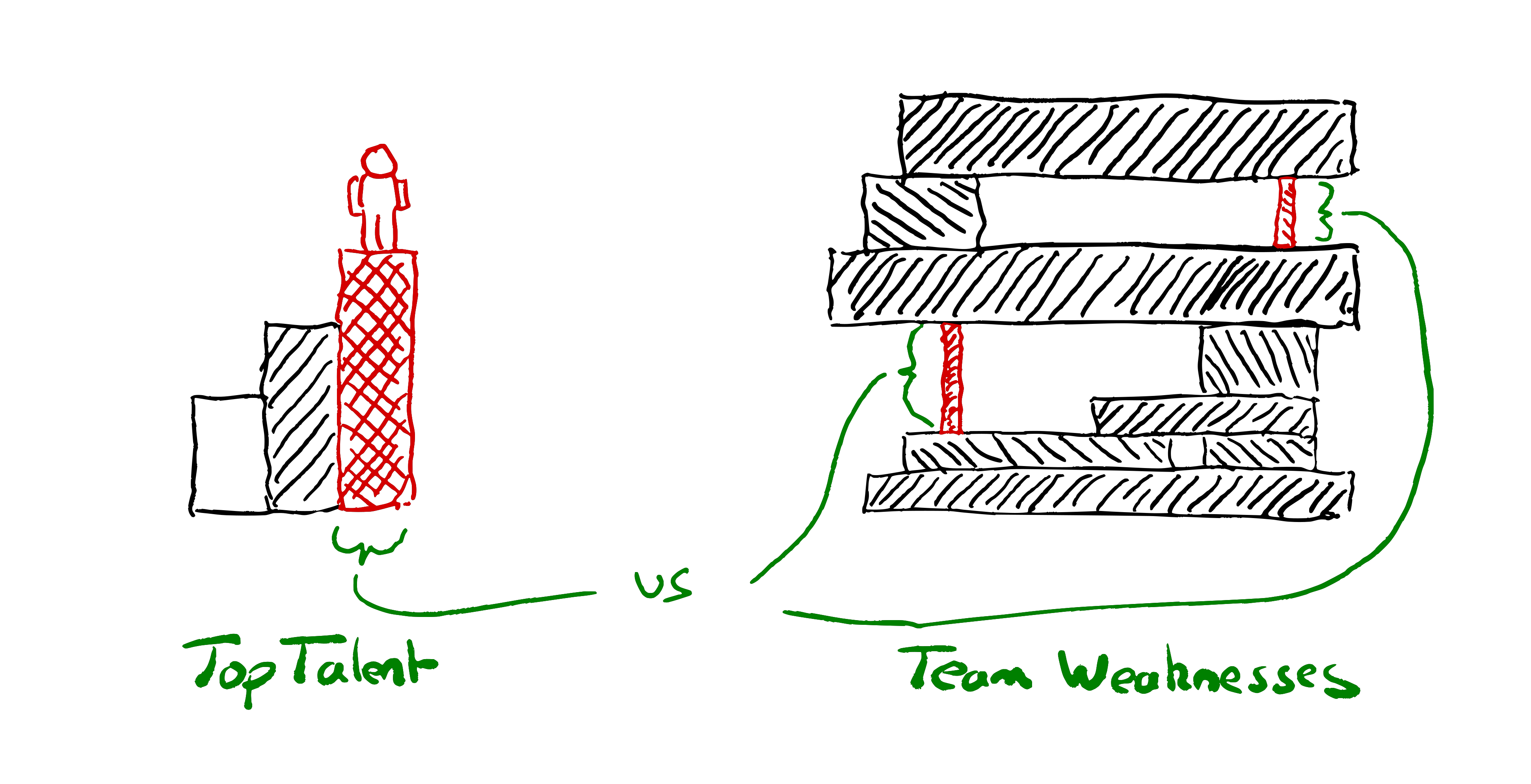
This review highlights where academics’ performance needs support and how the work environment can be improved to bolster publication productivity.
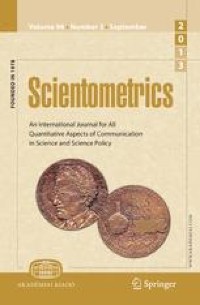
Exhibiting a dogmatic faith in metrics, higher education executives are being guided less by rational considerations about educational values and more by the "snake oils" of efficiency, profitability, and accountability. But these dark arts exact a price. Due to increasing competition for funds and jobs, and with the jobs themselves becoming increasingly precarious, universities have become "anxiety machines" for academics.

Universities need to genuinely support mentorship training for faculty members.

The world's third largest producer of scientific research, Germany, is the origin of the research university and the independent, extra-university research institute. Its dual-pillar research policy differentiates these organizational forms functionally: universities specialize in advanced research-based teaching; institutes specialize intensely on research. This article discusses the future utility of the dual-pillar policy.
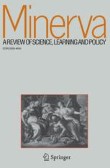
COVID-19 has not affected all scientists equally. A survey of principal investigators indicates that female scientists, those in the 'bench sciences' and, especially, scientists with young children experienced a substantial decline in time devoted to research. This could have important short- and longer-term effects on their careers, which institution leaders and funders need to address carefully.
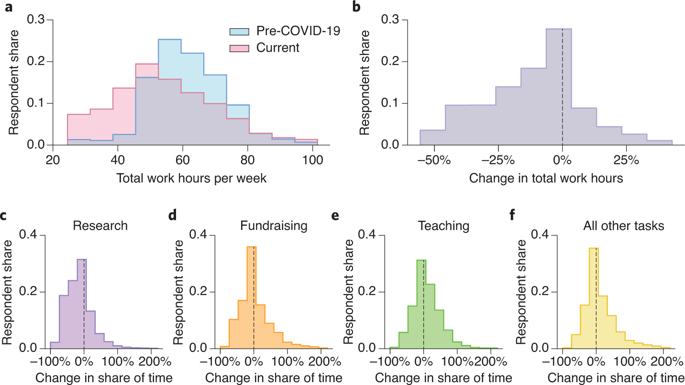
As lockdowns ease, Olivier Pourret hopes that academia will take on board lessons about how to redefine career success.

A research institute that appointed Pier Paolo Pandolfi as its scientific director has reversed its decision after internal protests.
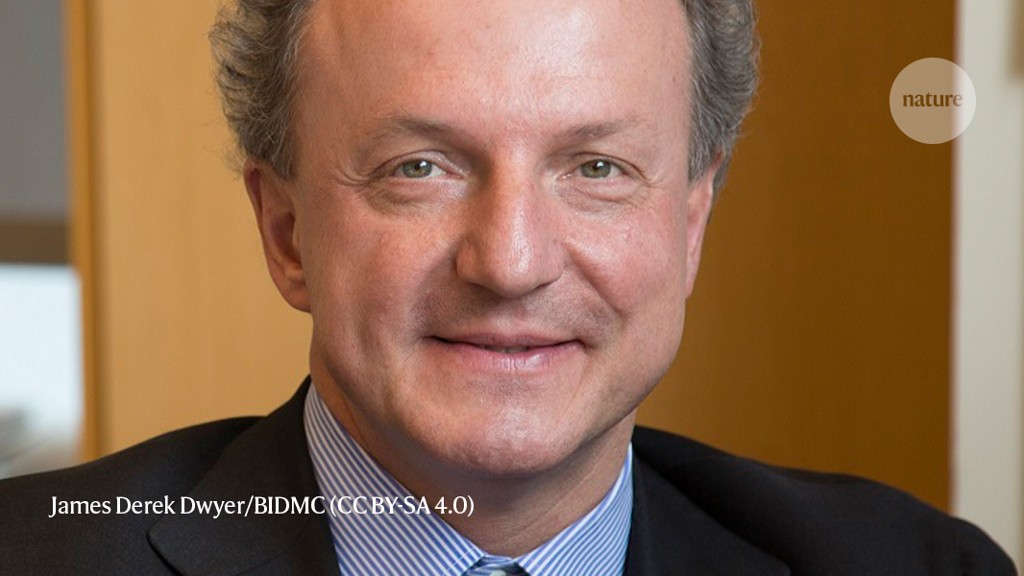
As higher education experiences profound upheaval, colleges and universities need to double down on their efforts to better support faculty and their professional development, write Andrew Rosen and Jaime Lester.